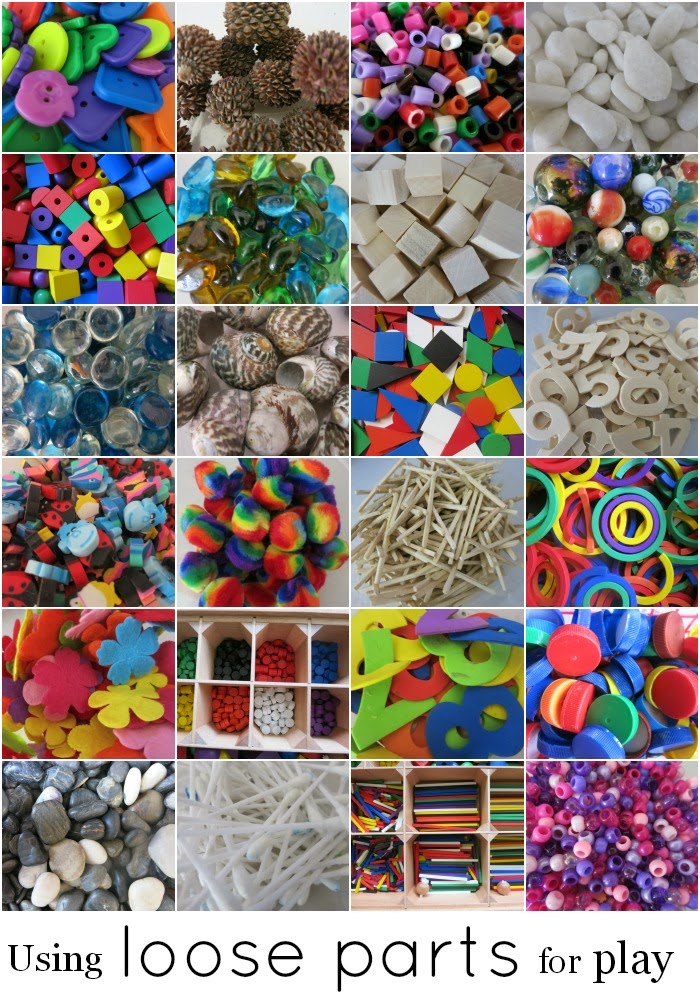In today's fast-paced world, it's easy to overlook the importance of unstructured play in a child's development. However, experts agree that creative, free play is crucial for nurturing happy and confident kids, especially in the Indian context where academic pressure often takes center stage.
The Power of Unstructured Play
Unstructured play allows children to:
- Develop problem-solving skills
- Enhance motor skills
- Boost imagination and creativity
- Improve social skills
- Reduce stress

According to Indian child development experts, unstructured play is particularly beneficial in our culture, where children often face intense academic pressure from an early age. By encouraging free play, you can help balance this pressure and foster well-rounded development.
Everyday Objects as Creative Tools
Parents don't need to invest in expensive toys to promote creativity.
Here are 10 examples of common Indian household items that can spark imaginative play:
1. Dabbas (tiffin boxes): Can become drums or building blocks
2. Dupattas: Ideal for creating costumes or building forts
3. Coconut shells: Perfect for pretend cooking or as musical instruments
4. Old newspapers: Great for art projects or making paper boats
5. Cardboard boxes: Can transform into cars, houses, or shops
6. Wooden spoons: Excellent for puppet-making or as pretend microphones
7. Plastic bottles: Useful for bowling games or creating art
8. Bangles: Can be used for sorting games or as pretend steering wheels
9. Buttons: Great for counting games or creating pictures
10. Leaves and twigs: Perfect for nature-inspired art or outdoor play
Encouraging Creativity at Home
As parents, you can foster creativity by:
1. Providing a variety of everyday objects for play
2. Allowing children to lead their play without too much adult intervention
3. Embracing mess and understanding that creativity can be chaotic
4. Asking open-ended questions to stimulate thinking
5. Celebrating the process of creation rather than focusing on the end product
Remember, as the famous Indian educator and philosopher J. Krishnamurti said, "The highest form of human intelligence is to observe yourself without judgment." By encouraging unstructured, creative play with everyday objects, we're not just keeping our children entertained – we're helping them develop crucial skills for a happy, confident, and successful future in the Indian context.
So, let's step back, provide the raw materials, and watch our children's imaginations soar! Whether it's turning a dupatta into a superhero cape or creating a whole city out of cardboard boxes, these simple acts of creativity can have a profound impact on our children's development and happiness.
Citations:
[1] https://www.eurokidsindia.com/blog/the-significance-of-unstructured-play-in-the-development-of-children.php
[2] https://timesofindia.indiatimes.com/life-style/parenting/moments/how-encouraging-creativity-in-child-helps-in-the-long-run-in-shaping-their-personalities/articleshow/103866882.cms
[3] https://www.beafunmum.com/2016/06/how-to-use-everyday-items-for-fun-and-play/
[4] https://www.childrensartmuseumofindia.com/post/exploring-unexpected-materials-for-creative-play
[5] https://www.desitoys.in/blogs/news/10-most-popular-traditional-indian-toys-and-indian-games-for-kids
[6] https://stock.adobe.com/search?k=indian+children+playing+in+school
[7] https://www.parentcircle.com/importance-benefits-of-free-play-unstructured-play-for-children/article

